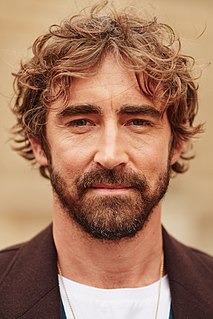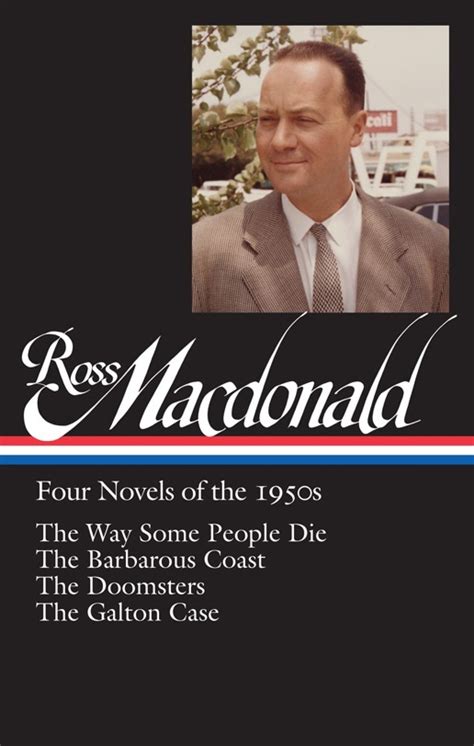A Quote by Donna Leon
All through graduate school, instead of having a television I read murder mysteries: Hammett, Chandler, Ruth Rendell, P. D. James.
Related Quotes
While I was writing poems, I would often divert myself by reading detective novels, I liked them. And there was a period when I read many of them. I absorbed the form, and I liked it, it was a good one, mostly the hard-boiled school, you know, Chandler, Hammett, and their heirs. That was the direction that interested me most.
I definitely have an affection for detective fiction, and when I first read Dashiell Hammett's 'The Maltese Falcon,' that book and its author made an enormous impression on me as a reader and a writer, and led me to other hard-boiled American writers like Raymond Chandler and Ross McDonald, among many.
Traditional murder mysteries are interesting because they're ostensibly about a horrible thing - murder - but underneath that, they're about restoring order to a messed-up world. By the end of a whodunit, the detective has taken the reader through all the reasons why this terrible thing happened. Through that explanation, and by seeing the killer captured, the reader feels a sense of catharsis.
I left school my senior year to do a play at the Alley Theatre in Houston, Texas. Then while I was doing a play, I auditioned for Juilliard. I got in over the summer, and they told me, 'You have to graduate high school to come here. You don't need the SATs, but you do need to graduate high school.' I finished over the summer through correspondence.


































